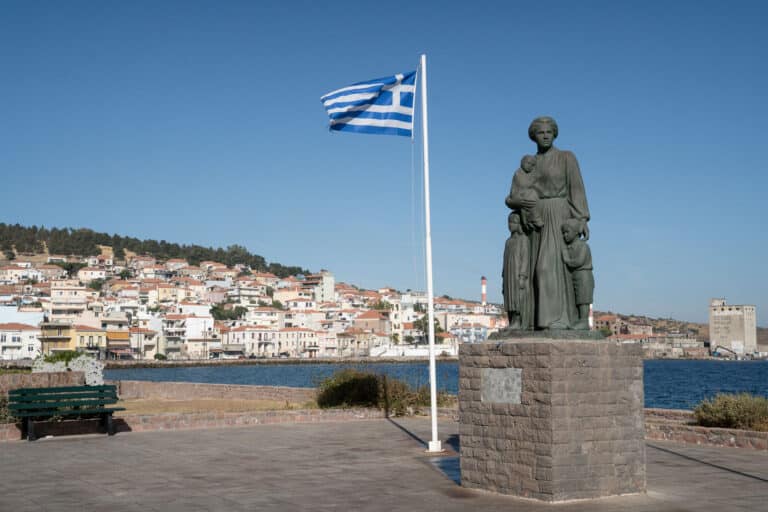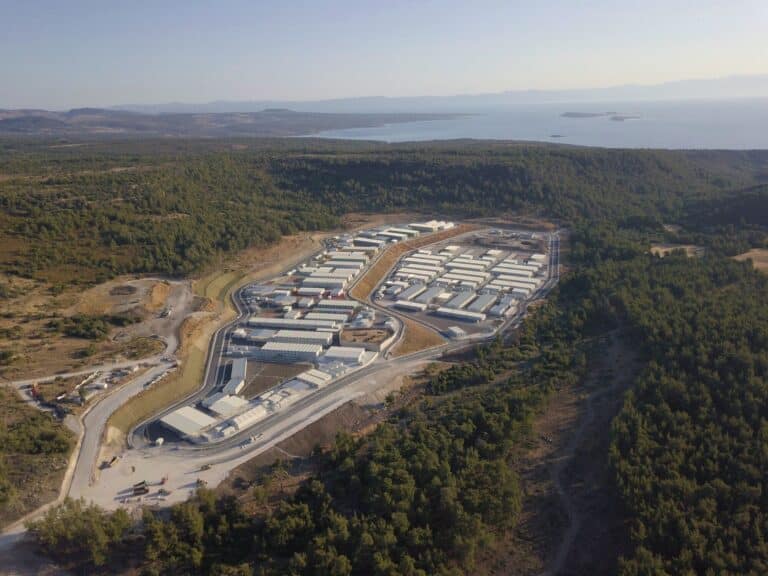CPTnet
4 November 2013
IRAQI KURDISTAN: WADI shifts attitudes toward Female Genital Mutilation
by Rosemarie Milazzo
 |
|
| Falah Muradkhan addresses the media |
On 30 October
2013, CPT’s partner organization, WADI Iraq office, organized a press
conference—which media representatives from six major Kurdish satellite
channels and several newspapers attended —about the decline in Female Genital
Mutilation (FGM) in Kurdistan. The
WADI project coordinator, Falah Muradkhan said his organization had called the
press conference because of the huge international attention stirred up on the
topic caused by the recent BBC World and BBC Arabic’s airing of two
documentaries and the reporting of the
Guardian newspaper.
WADI used this
occasion to present new data about the FGM situation in Kurdistan and WADI’s
current activities. Two years ago,
the Kurdistan Regional Government banned FGM as part of a wide-ranging law to
improve women’s rights, after years of grassroots campaigning run by activist
and civil society organizations, including WADI. In a region where honor killings still happen, journalists
write about Kurdistan as a “rare success story.”
The
documentaries about FGM tell the amazing story of WADI traveling to a remote
village and accidentally learning about girls being cut. WADI began a strenuous grass roots
campaign, doing further investigation, enlisting the help of the mullah and
other leaders of the village. The
mayor of the village was proud to help in the campaign. He and his wife had daughters they
wanted to protect from this practice. The mayor went on to say, “We believe that your body is
yours and cutting it is an act of violence.”
Many Kurds
believe that “khatana” or Female Genital Mutilation is part of
Islamic practice. However, numerous
mullahs oppose FGM. One of them,
Mullah Omar Chngyani, an Islamic scholar, has written extensively about the
subject. He says “This
practice is not in Islam, it’s a traditional practice, not a religious one—it’s
a form of oppression for women.” Chngyani
says, “… if you read and understand deeply you’ll know that Islam could
never tell us to hurt anyone.”
At the press
conference, which CPT attended, Falah Muradkhan, Project Coordinator of WADI presented the details of its
work against Female Genital Mutilation.
His PowerPoint presentation explained the results of their work. Traditionally, in some areas of
Kurdistan where FGM is practiced, more than 90% of women aged twenty-five and
older were already mutilated. In
Halabja and Garmyan, where WADI has worked extensively, the percentage of young
girls ages six to ten subjected to the practice is now close to zero. In Ranya, WADI’s most recent operation
area, the rate of FGM used to be 100%, and it has dropped to 48%. I rejoiced with all the media present as
we listened together to this good news.
I wondered, in
countries around the world where FGM is still practiced, how many women might
rejoice now that it is publically declared an act of violence in Kurdistan?



